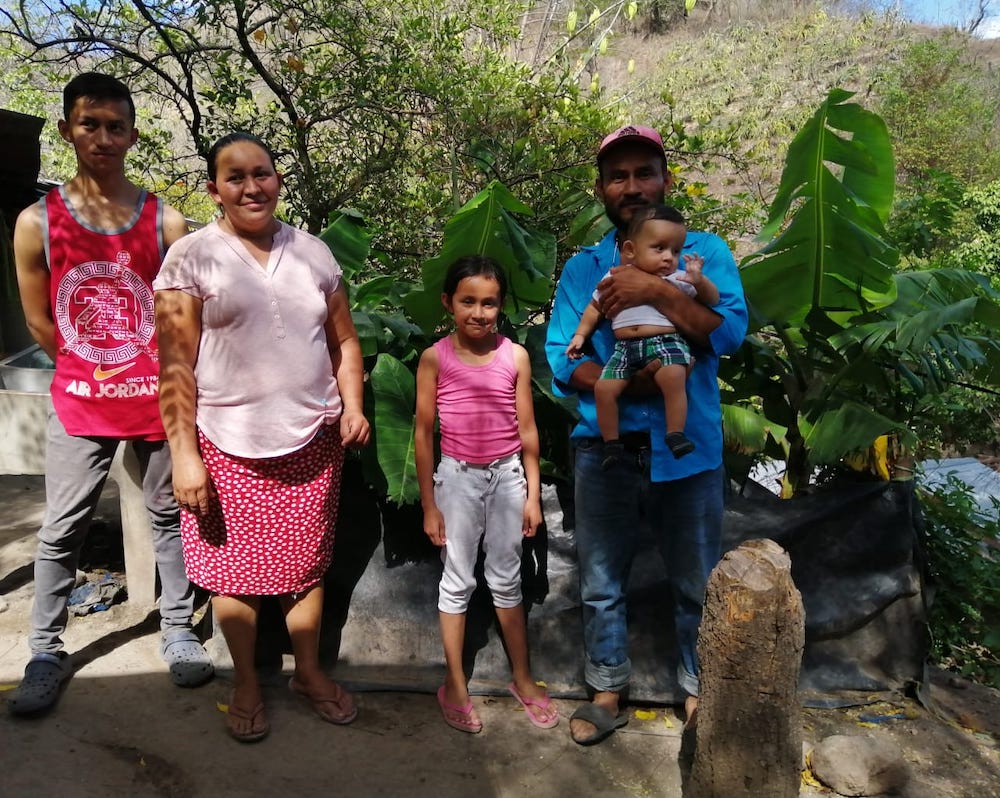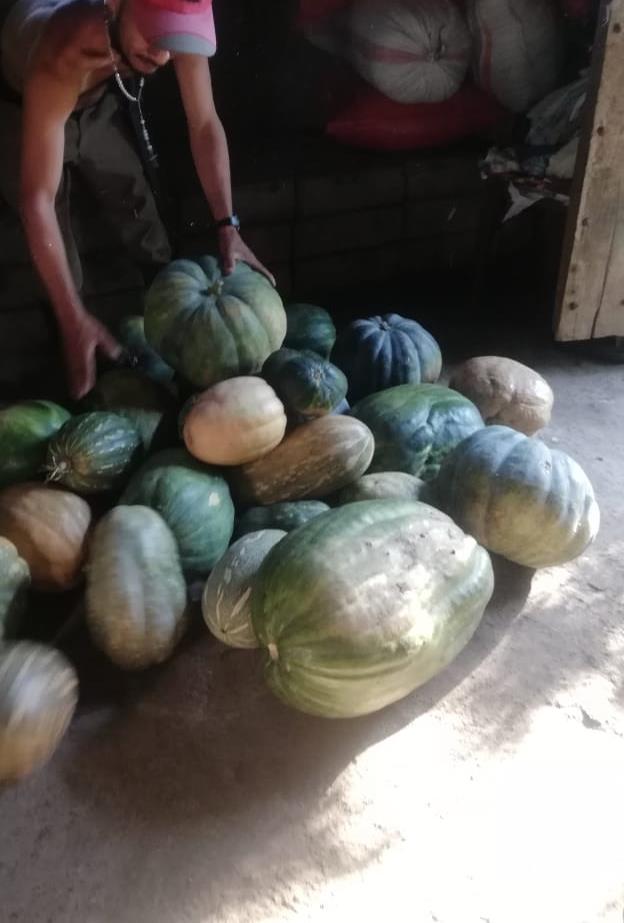Climate Change + Arcenio
It’s no secret that Nicaragua is highly affected by climate change. While Nicaragua does not contribute a lot to the global emissions of greenhouse gases, it is one of the most impacted countries in seeing the effects of climate change.
Nicaragua’s geographic location, makes them prone to hurricanes coming in from the Atlantic and is highly susceptible to floods, droughts, and landslides. More than 50 percent of rural families rely on agriculture to make a living. But 25 percent of those families are classified as extremely poor with chronic or temporary food insecurity.
Arcenio is just one rural farmer who knows what it’s like to live with food insecurity, low harvests, and extreme poverty.
“We’ve been really affected this year in particular from climate change. The rainy season has been very erratic. Our crops haven’t been able to get enough water, which means our harvest will be lower. Our fields are very dry because this rainy season didn’t provide enough rain.”
“Our biggest need has been food. Because of many natural phenomenons, climate change has been strongly affecting our land. We can no longer be sure our family’s needs will be met. That’s why we have to work to take care of our natural resources and land – the soil is the source of food.”
CEPAD has a sustainable, organic farming program, to help rural farmers fight the effects of climate change while also providing food security and family income.
“We received seeds from CEPAD and are now able to grow peppers, cucumbers, and squash of good quality, helping to increase the family income by selling this produce. We can now purchase cleaning supplies, cooking oil, sugar, coffee, and pay our electricity bill.”
“I’ve [also] attended three workshops so far: soil and water conservation, managing pests, and planting nurseries. I’m putting into practice everything I’ve learned, taking advantage of all the resources already available on my land.”
This knowledge and these tools, don’t just stick with these farmers, but they share what they’ve learned with others in their communities, and pass it down to future generations.
“After participating in the workshops, while at home or with friends we talk about what we’ve learned. I’m also trying to pass this knowledge down to my kids about caring for the environment.”
With their agricultural and financial prospects improving, farmers no longer have to leave their families in search of employment.
“In many years past, I’ve had to emigrate to Costa Rica to look for work, but CEPAD’s programs allow us to be together as a family.”
Climate change, food insecurity, and family unity, are heavily intertwined in rural Nicaragua, but CEPAD’s farming program is able to improve all three.
We are so thankful for the many donors who have made generational and sustainable change in Nicaragua possible for many rural farmers like Arcenio and his family.
If you would like to give more families like Arcenio’s the chance to experience generational change in fighting climate change, providing food security, and having a healthy household, please give today.





